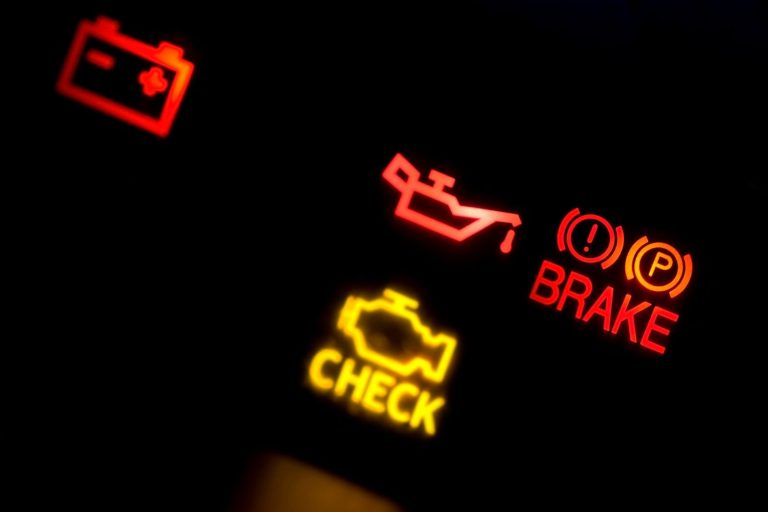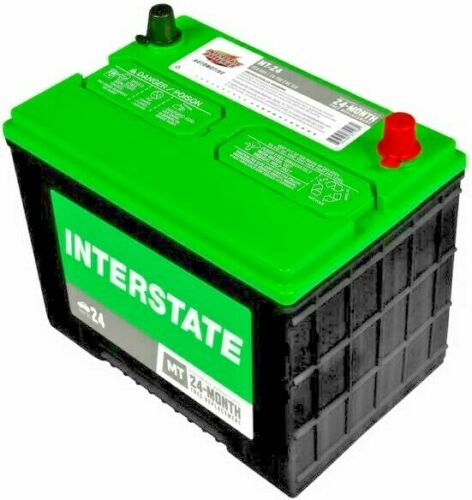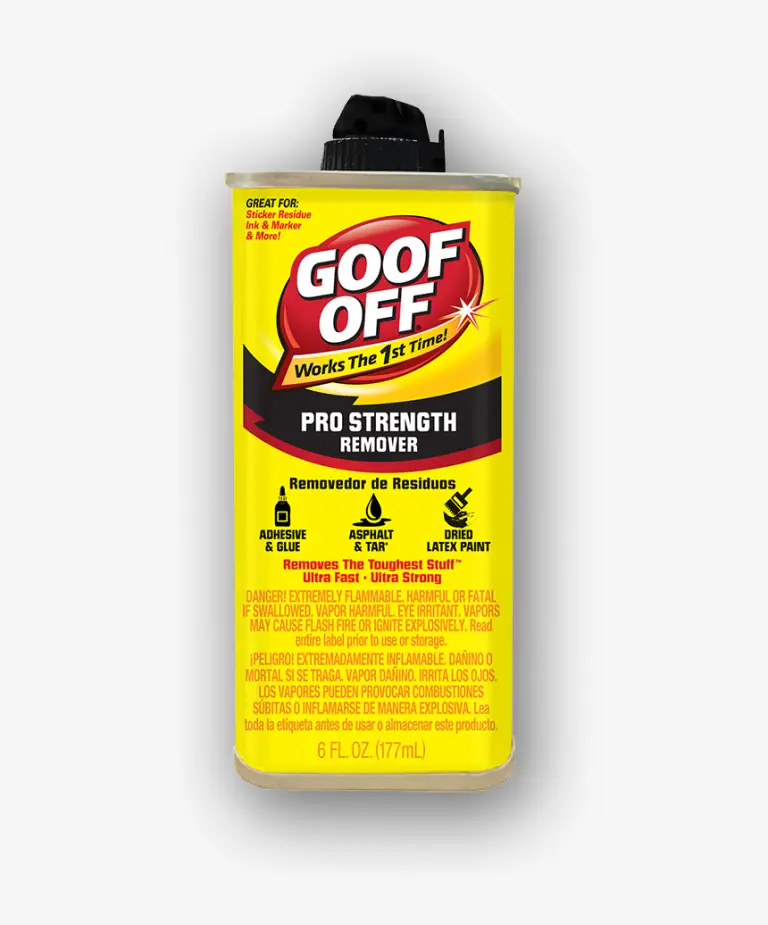Car Smells Like Rotten Eggs – What Are The Causes?
If you find that you have an odor similar to rotten eggs when you start your car, then you have come to the right place.
What do you think about the smell, and what should you do about it? There are a few different possibilities, and we will dive into them all for you here.
We will walk you through everything you need to do to narrow it down and get the smell out of your car in no time.

What Is the Reason for the Rotten Egg Smell in the Car?
If your car is emitting a rotten egg smell, there are a few possible causes. It is worth getting a better understanding of what is going on before you rush off to a mechanic to fix it.
Whether you plan on fixing it yourself or just want to make sure your mechanic isn’t taking advantage of you, here are five different reasons for a rotten egg smell in your car.
Faulty Catalytic Converter
This is the most common reason for a rotten egg smell in your vehicle.
H2O compounds, otherwise known as water or steam, are converted into harmless H2O compounds when everything is working correctly with your vehicle’s catalytic converters.
Over time harmful chemicals and gasoline can accumulate in the catalytic converter and make it difficult to convert it to the way it needs to be.
The rotten egg smell can be created by hydrogen sulfide turning into sulfur dioxide, which can be created with a clogged catalytic converter.
Faulty Fuel Pressure Sensor
A rotten egg smell coming from your vehicle can be caused by a faulty fuel pressure sensor that is sending too much fuel into the system and can’t process that much at all.
If it is happening before you would expect the catalytic converter to give out, it is even more true.
If you get a rotten egg smell, even if you have a bad fuel pressure sensor, you still need to replace the catalytic converters.
This isn’t an either/or option, it’s just a matter of whether or not you need to replace both components so your vehicle’s new catalytic converter doesn’t wear out early.
Old Transmission Fluid
If you drive a manual car, chances are you need to change the transmission fluid frequently.
The exact service intervals are laid out in your owner’s manual, but if you don’t change it out when you should, it can wear out seals and end up in areas it shouldn’t be.
Rotten eggs or sour milk are some of the smells that can be caused by that.
If this is happening to your vehicle, you will need to change the transmission fluid, but there is a good chance you will need to replace the seals as well.
A Dead Animal
There are several possible explanations for the mechanical issues we have highlighted.
A dead animal in your exhaust system, car interior, or engine bay is more likely to be a mouse than a rat.
When the weather gets cold, animals look for a warm place to sleep, and engine bays and exhaust systems can fit that bill.
When you start your car, it can end up killing them, and then their bodies start to decay. If you have an unpleasant odor following your car, it might be because this doesn’t smell good.
Hidden Groceries
Sometimes there is a rotten egg smell. Sometimes groceries slide around your car and you get lost under some seats.
Maybe your ex cracked an egg in a hidden part of your car as a result of a bad breakup.
Sometimes, if you smell rotten eggs in your car, it is because there is a rotten egg, spoiled milk, broccoli, or other rotten groceries in there.
Is It Possible to Continue Driving My Car?
You might think that since a rotten egg smell likely comes from an emissions component, you can drive around and not worry about it.
It might be the case for most cars, but we strongly recommend against it. If the cataclysm is not fixed, it can start to heat up, and if it gets too hot it can catch fire.
This is the worst-case scenario, but you don’t want to ignore the rotten egg smell in your car!
How Can I Get Rid of the Rotten Egg Smell?
It is time to figure out what you need to do to fix the rotten egg smell in your car.
Even though you can take it to a mechanic, we highly recommend that you complete the following steps so that they don’t end up trying to pull a fast one on you.
Scan For Trouble Codes
There is a good chance that your vehicle has a check engine light, and the first thing you should do is look at the code.
You can either get your own top-notch automotive scanning tool or you can take it to a local AutoZone and they will read the code for you for free.
If you don’t see a check engine light, you should do this to make sure there isn’t a code or a faulty light.
Check Transmission Fluid
Next, check the transmission fluid service interval for your vehicle and compare it to when someone changed the oil.
There is a good chance the smell is related to transmission fluid.
If you are low on fluid, you need to check through a lot of different components to see if there is a leak, then fix it and change it.

Check Fuel Pressure Sensor
If you want to look at the output specs on the fuel pressure sensor, you will need an automotive scanning tool. The sensor is likely giving out something.
It is a safe assumption to think that the smell is coming from a faulty catalyst. Remove the converter to eliminate the smell.

Truck driver by profession, automotive lover by heart. Ricky is the main publisher and editor at Truckile.com sharing his life-long knowledge and experience in the auto industry and truck driving!






